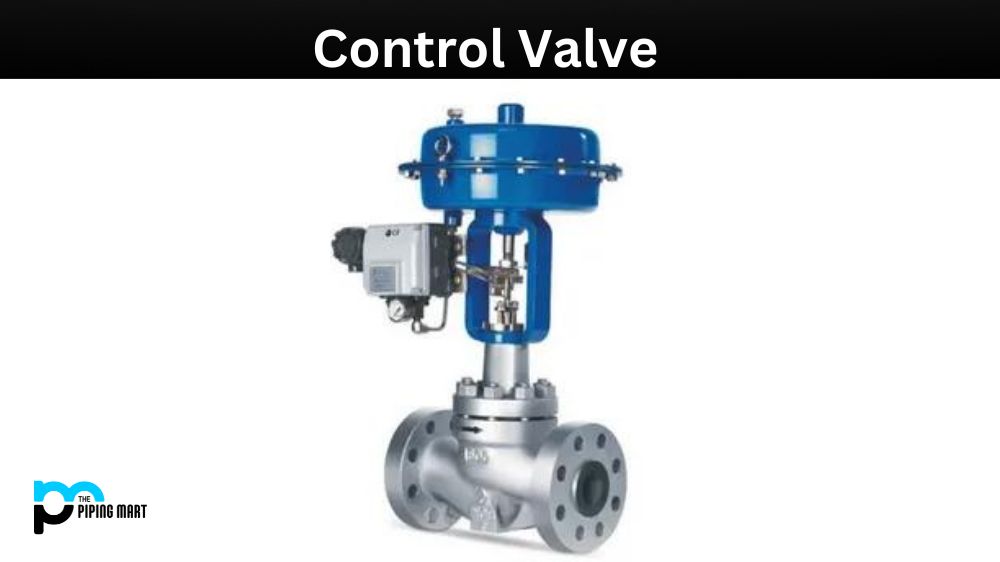Control valves, integral to fluid control systems, have gained a prominent place in the modern world. As a regulated flow control device, it helps control the fluid’s pressure, temperature, and flow rate. However, every technology comes with merits and demerits, and control valves are no exception. In this blog post, we will delve into the advantages and disadvantages of control valves, including considerations that enable selecting the right control valve for your application.
What is Control Valve?
A control valve is a fluid flow device used to regulate process variables such as pressure, temperature, and liquid level. It works by using sensors to detect conditions in the environment then adjust the amount of flow coming from its inlet port to best meet that condition. Control valves are typically used in industrial settings where precise regulation of fluids is necessary for safe and efficient operations.
Advantages of Control Valves:
Flow modulation: Control valves allow for accurate control of fluid flow rates, regardless of the incoming pressure and temperature of the fluid. This is especially true in applications with varying process requirements or where multiple pipelines receive fluid from a single source. Control valves also allow the flow rate to be adjusted up or down, depending on the required output.
Lower energy consumption: Control valves help to conserve energy by maintaining a consistent flow rate, thereby reducing the overall energy consumption of a flow control system. The ability to regulate the fluid flow and pressure translates to lower pumping pressure, which, in turn, translates to a lower energy demand.
Process optimization: Control valves are essential for optimizing process fluid control systems. They help maintain the ideal process fluid temperature, pressure, and volume, ensuring the industrial process is efficient and effective. This translates to better productivity and a smooth operation process to help companies meet their bottom-line goals.
Improved system longevity: Control valves can help extend the lifespan of an industrial fluid control system since they regulate fluid flow rate and pressure through the piping. The consistent and accurate measurement of fluid flow translates to reduced wear and tear of the equipment, saving on repair time and expenses in the long run.
Disadvantages of Control Valves:
High cost: Control valves are cost-intensive, especially for systems requiring multiple control valves. Purchasing and installing such systems may be prohibitive for small-scale industries or applications.
Maintenance and repair: Control valves, like any other equipment, require regular maintenance, and they may require more frequent repairs than other industrial equipment. This increases overhead costs, which translates to higher operating costs.
Limitation in capacity and operation: Control valves have limitations regarding flow rate and pressure handling abilities. The specific capacity of control valves depends on the equipment manufacturer, the size of the control valve, and its physical properties, meaning that there may be a limit to the unit’s operation.
Compatibility with different fluids: Control valves may only be compatible with some fluids, making them unsuitable for certain applications. Some applications may require specialized flow control devices to regulate fluid flow rates, temperature, and pressure.
Conclusion:
Control valves, essential to a fluid management system, offer numerous advantages, such as flow modulation, energy savings, and process optimization. However, they have drawbacks, such as high cost, maintenance requirements, and limitations. While selecting a control valve for your application, it is vital to consider the advantages and disadvantages before making a purchasing decision. Factors such as fluid compatibility, flow rate requirements, and pressure tolerances should be considered to select the most suitable control valve for your industry or application.
Meet Heer, a dynamic and driven writer learning tricks of her trade in the metal industry. With a background in Digital Marketing, Heer brings a unique perspective to her writing, sharing valuable insights. Apart from blogging she like reading and hiking.




